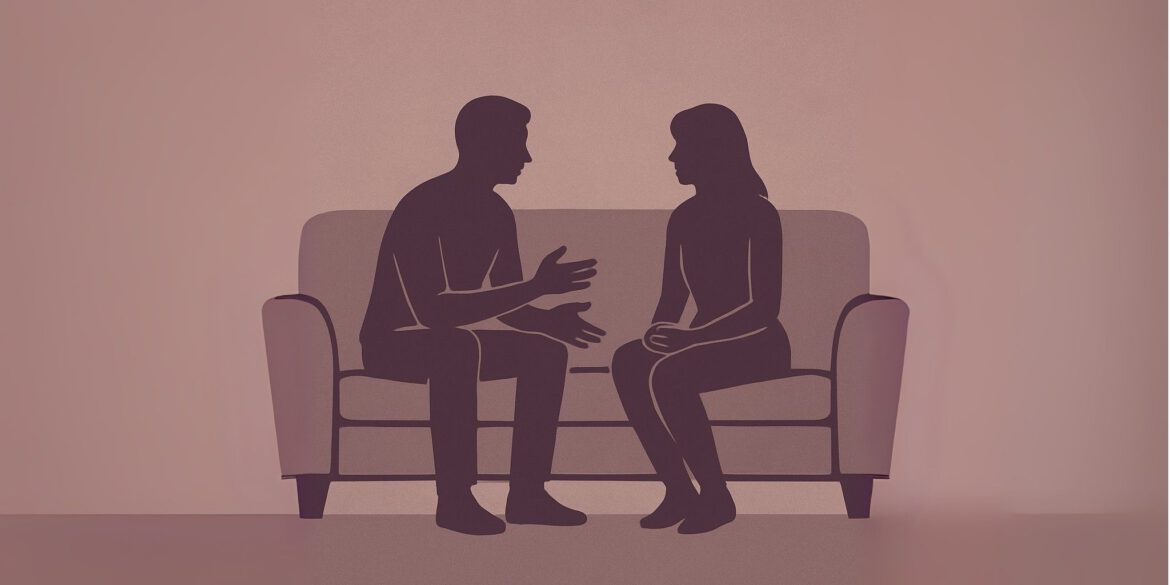Differences in sexual desire are common in relationships. In fact, it's basically impossible for both (or all, depending on your relationship type) partners to always have the same level of sexual desire at the same time. But we almost never talk about it. And if we do, let's be honest, it's often with a lot of finger-pointing or guilt. This leads to unnecessary tensions, misunderstandings, and, often, conflicts. And the more often this happens, the harder it becomes to talk about it, making frustrations and guilt grow even more.
In this article, I discuss why differences in sexual desire arise, what they mean, and how you can deal with it in a healthy way if your partner wants more sex than you do.
In dit artikel bespreek ik waarom het verschil in seksueel verlangen ontstaat, wat het betekent en hoe je er op een gezonde manier mee om kan gaan als je partner meer seks wilt dan jij.
"It is crucial to make a clear distinction between your own sexual desires and your feelings for your partner."
Difference is normal
The first important thing to state here is that it’s completely normal for partners to have different levels of sexual desire. No two people are alike, and sexual needs often fluctuate due to factors such as stress, health, life phase, or even daily routine. Recognizing this can already help reduce tension and uncertainty, creating space for open communication.Difference between desire and rejection
When your partner wants sex more often than you do, it can sometimes feel like pressure to meet those wishes. On the other hand, your partner can experience your lower level of desire as personal rejection. It is crucial to clearly distinguish your own sexual desires from your feelings for your partner. Less need for sex does not automatically mean less love, attraction, or involvement. Het is cruciaal om duidelijk onderscheid te maken tussen jouw eigen seksuele verlangens en je gevoelens voor je partner. Minder behoefte aan seks betekent niet automatisch minder liefde, aantrekkingskracht of betrokkenheid.“Most of us have simply learned to be ashamed of everything related to sex.”Unfortunately, rejection is hard and difficult for almost everyone to deal with. We tend to take it personally, even when the other gives reasons. Continuing to communicate is truly the best way to make the feeling of rejection decrease over time. But also (temporarily) focusing more on intimacy over sex, as I describe further in this article, can help reduce the sense of rejection and take the pressure off sex.
How to start the conversation?
For many people, sexual desire is uncomfortable. Most of us have simply learned to be ashamed of everything to do with sex. Besides, there are other factors. Insecurity about your wishes, am I asking too much? Am I too much? And, of course, unpleasant past experiences with conversations about sex. Yet open communication is essential to prevent misunderstandings and frustration. Here are some tips to have the conversation go well:- Always speak from your own perspective and use “I” statements: For example: “I notice that my need for sex has been less lately. This isn’t because of my feelings for you, but due to my own energy and stress level.” Or: “I notice that I have more sexual desire than you lately; I find it hard to deal with that. Can we talk about it?”
- Listen actively and empathetically: Show understanding for each other's feelings and needs without judgment.
- Look for solutions together: Discuss how you both can be satisfied with your sexual relationship, such as seeking alternative forms of intimacy or planning moments to consciously spend time together.
“Emphasize intimacy in a broader sense rather than just sex.”
